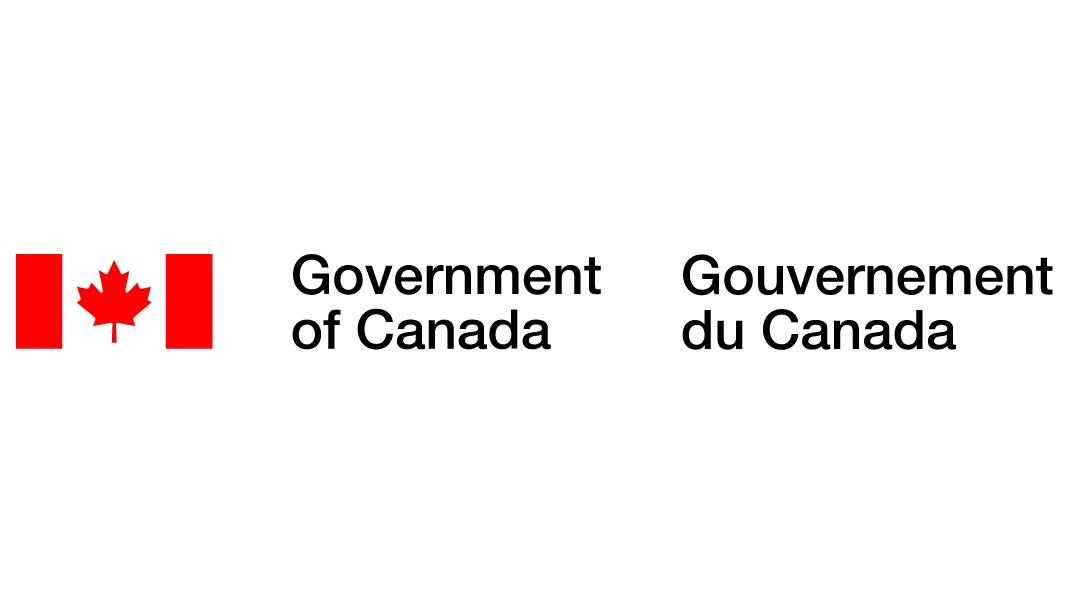How we protect crop biodiversity for climate resilience
Monday, July 17, 2023
Reference: Government of Canada


In life, it is often said that we don't know what we've got until it's gone.
If we want to conserve the amazing diversity of plant life related to agriculture, which is essential for our existence on this planet, we must learn how much diversity exists in the first place. From there, we can identify areas where action is needed, and take steps to protect and preserve these precious resources for future generations.
As part of this effort, Agriculture and Agri-Food Canada published Canada's Country Report (2022) on Plant Genetic Resources for Food and Agriculture (PGRFA). This is our country's contribution to the upcoming Third Report of the State of the World's Plant Genetic Resources for Food and Agriculture, which will be published by the United Nations Food and Agriculture Organization (UN-FAO) in 2023. This global "taking-stock" exercise is part of updating a global plan of action to better preserve and utilize this diversity we all depend on.
The Country Report addresses activities related to the conservation and utilization of the biodiversity of crop plans and crop wild relatives in Canada. This includes work done by farmers, indigenous people, the government, industries and non-governmental organizations.
Global Cooperation in Biodiversity for Agriculture
This massive undertaking to overview activities related to the world's plant gene resources for food and agriculture (PGRFA) occurs against the backdrop of climate change and many other changes affecting the agricultural sector. More frequent extreme weather events, new pests and diseases, abnormal temperatures, new production methods, and changing consumer needs, are all affecting the way we produce food for the expanding world population. There is an urgent need for global collaboration to develop new sustainable farming methods and crop cultivars that are better suited to regional climates and other local conditions.Canada in the Lead
Canada has long been among the global leaders in the protection of plant gene resources for food and agriculture. We have been a part of the International Treaty on Plant Genetic Resources for Food and Agriculture from the very beginning, and continue to provide plant germplasm to researchers around the world free of charge. This is a vital service for plant breeders, who rely on a supply of genetically diverse plant germplasm to develop new crop varieties that secure yields, resist the worst effects of climate change, and meet other changing requirements.Protecting plant genetic resources is a "Team Canada" effort. It involves not only AAFC's world-class collection of plant germplasm, but also the active participation of:
- Federally or provincially supported government plant breeding and genetic resources programs
- Indigenous Peoples, agriculture and horticultural producers and researchers
- Private sector breeding programs
- Civil Society Organizations
- Universities with agricultural, horticultural or plant breeding programs
- Botanical gardens and arboreta
- Current and future generations will continue to rely extensively on these important plant genetic resources.
Learn more about the Plant Gene Resources of Canada.
To download the full report, visit Summary of "Canada's Country Report for the Third Report on the State of the World's Plant Genetic Resources for Food and Agriculture".
Read More
Sign up to stay connected
- News
- Property Alerts
- Save your favourite properties
- And more!
Joining Farm Marketer is free, easy and you can opt out at any time.
